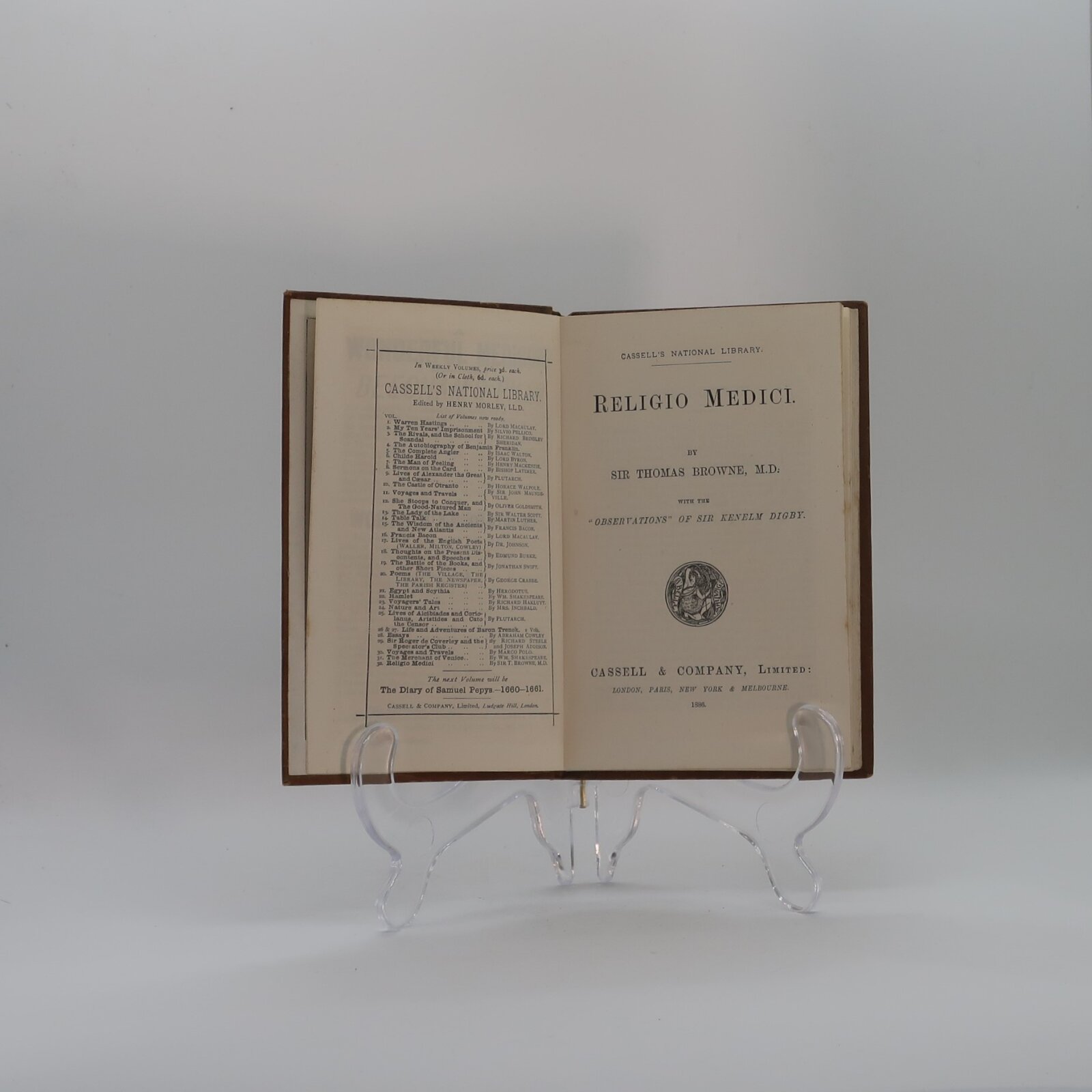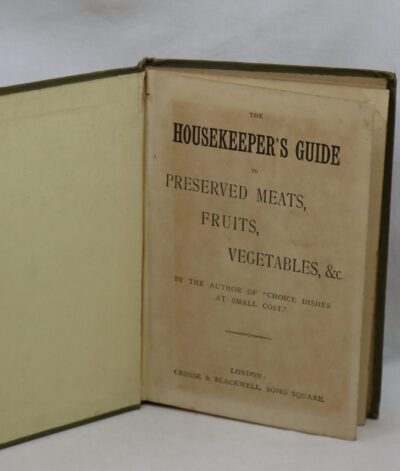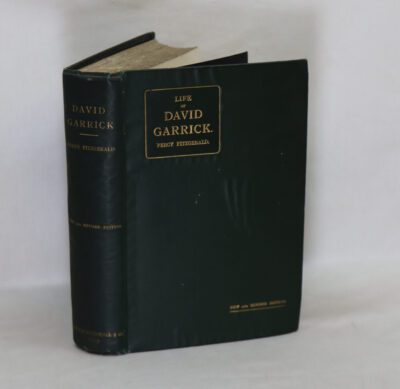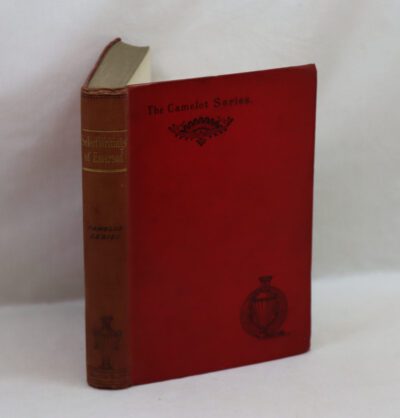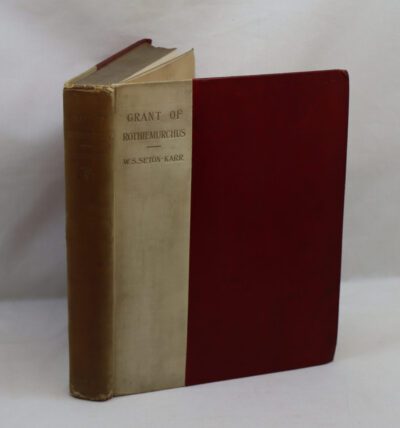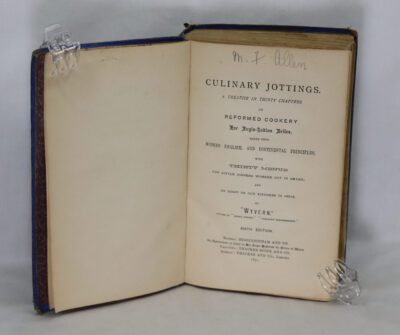Religio Medici.
By Sir Thomas Browne.
Printed: 1880- 1910
Publisher: Cassell & Company Ltd
| Dimensions | 11 × 15 × 1.5 cm |
|---|---|
| Language |
Language: English
Size (cminches): 11 x 15 x 1.5
Condition: Very good (See explanation of ratings)
Item information
Description
Cloth binding. Black lettering with gilt title on front cover.
Religio Medici (The Religion of a Doctor) by Sir Thomas Browne is a spiritual testament and early psychological self-portrait. Published in 1643 after an unauthorized version was distributed the previous year, it became a European best-seller which brought its author fame at home and abroad.
A rare surviving contemporary review by Guy Patin, a distinguished member of the Parisian medical faculty, indicates the considerable impact Religio Medici had upon the intelligentsia abroad:
A new little volume has arrived from Holland entitled Religio Medici written by an Englishman and translated into Latin by some Dutchman. It is a strange and pleasant book, but very delicate and wholly mystical; the author is not lacking in wit, and you will see in him quaint and delightful thoughts. There are hardly any books of this sort. If scholars were permitted to write freely we would learn many novel things, never has there been a newspaper to this; in this way the subtlety of the human spirit could be revealed.
Throughout the seventeenth century Religio Medici spawned numerous imitative titles, including John Dryden’s great poem, Religio Laici, but none matched the frank, intimate tone of the original in which Browne shares his thoughts, as well as the idiosyncrasies of his personality with his reader.
Samuel Pepys in his diaries complained that the Religio was cried up to the whole world for its wit and learning.
A translation into German of the Religio was made in 1746 and an early admirer of Browne’s spiritual testament was Goethe’s one-time associate Lavater.
In the early nineteenth century Religio Medici was “re-discovered” by the English Romantics. Charles Lamb introduced it to Samuel Taylor Coleridge, who after reading it, exclaimed,-
O to write a character of this man!
Thomas de Quincey in his Confessions of an English Opium-Eater also praised it, stating:
I do not recollect more than one thing said adequately on the subject of music in all literature. It is a passage in Religio Medici of Sir T. Browne, and though chiefly remarkable for its sublimity, has also a philosophical value, inasmuch as it points to the true theory of musical effects.
The book strongly influenced the prominent physician William Osler in his early years. Osler, who is considered the “father of modern medicine”, is said to have learned it by heart.
In Virginia Woolf’s opinion Religio Medici paved the way for all future confessionals, private memoirs and personal writings.
In the twentieth century, the Swiss psychologist Carl Jung used the term Religio Medici several times in his writings.
Sir Thomas Browne (19 October 1605 – 19 October 1682) was an English polymath and author of varied works which reveal his wide learning in diverse fields including science and medicine, religion and the esoteric. His writings display a deep curiosity towards the natural world, influenced by the scientific revolution of Baconian enquiry and are permeated by references to Classical and Biblical sources as well as the idiosyncrasies of his own personality. Although often described as suffused with melancholia, Browne’s writings are also characterised by wit and subtle humour, while his literary style is varied, according to genre, resulting in a rich, unique prose which ranges from rough notebook observations to polished Baroque eloquence.
Want to know more about this item?
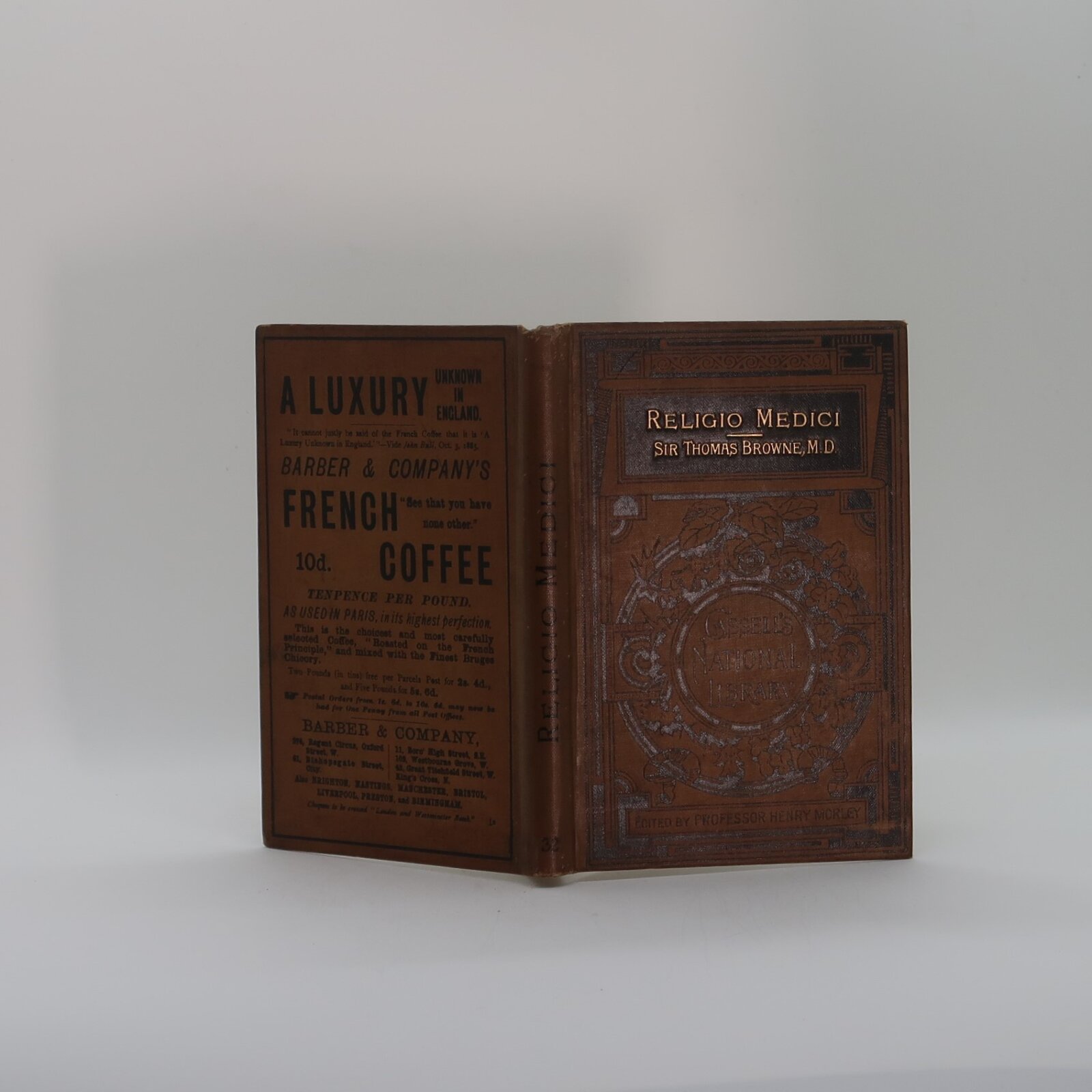
Related products
Share this Page with a friend

